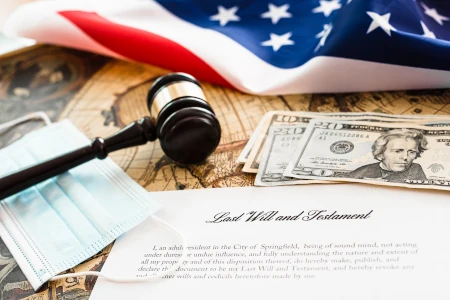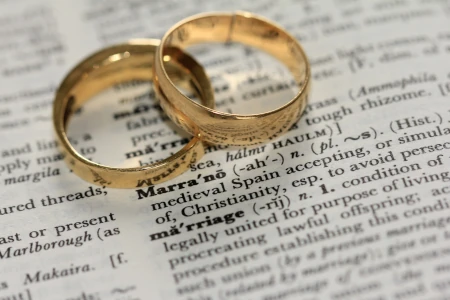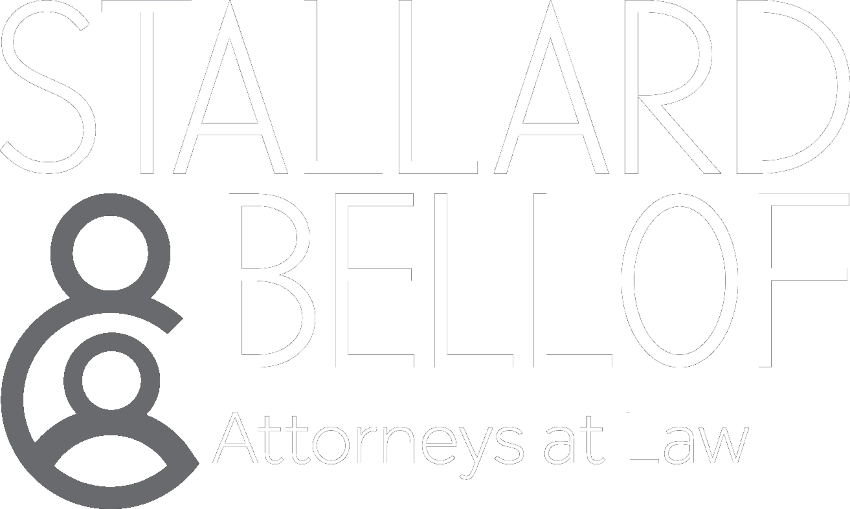Navigating the process of probate in North Carolina can be an emotional and complex journey. We’ll explore the ins and outs of North Carolina probate, including when it’s required, how to avoid it, the role of executors, and much more. Whether you’re an executor, heir, or someone planning their estate, this guide will provide insights and vital information to help you through the process.
Understanding the North Carolina Probate Process
The probate process in North Carolina is designed to be a relatively simple procedure. The state court system provides easily accessible, pre-prepared forms online, making the process user-friendly. An important feature of North Carolina probate is the involvement of the clerk of the superior court, an elected county official who also serves as the probate judge. This unique system, where clerks are often called “ex officio” probate judges, ensures a seamless probate process.
The responsibilities of the personal representative during the North Carolina probate process include:
- Collection and Inventory of Assets: The personal representative is tasked with gathering and cataloging all assets of the deceased individual while ensuring their safekeeping.
- Professional Appraisals: In cases where asset valuation is necessary, the personal representative arranges for professional appraisals to determine their worth accurately.
- Asset Sales: If circumstances require, the personal representative may initiate the sale of specific assets to address outstanding obligations.
- Payment of Debts and Taxes: An essential duty of the personal representative is to settle valid debts and taxes, ensuring that all financial obligations are met appropriately.
- Asset Distribution: The personal representative must adhere to the directives outlined in the deceased’s will or, in cases where there is no will, follow state law when distributing the remaining property to beneficiaries.
When is Probate Required in North Carolina?
Probate in North Carolina is necessary when the deceased person owned assets solely in their name or jointly without rights of survivorship. These assets, such as real estate, bank accounts, and personal belongings, must go through probate to transfer ownership to the heirs or beneficiaries. However, many assets can bypass probate, including those held jointly with rights of survivorship, assets with named beneficiaries, and assets in a revocable living trust.
Avoiding Probate in North Carolina
To avoid probate in North Carolina, individuals can use several strategies, such as creating a joint tenancy with rights of survivorship with a spouse, naming beneficiaries on accounts, setting up revocable living trusts, and designating payable-on-death beneficiaries for accounts like retirement and bank accounts.
Claiming Personal Property With an Affidavit
North Carolina offers a unique procedure for estates with a small value. Executors can use an Affidavit for Collection of Personal Property of Decedent to wind up the estate without formal probate if the estate’s personal property is valued at less than $20,000 (or less than $30,000 if the surviving spouse inherits everything as per state law). This straightforward process simplifies the transfer of assets.
Summary Administration in North Carolina
Summary administration is available in North Carolina when the sole beneficiary or heir is the surviving spouse. In this scenario, the spouse can file a petition with the court, along with the will and supporting evidence. The court clerk can issue an order declaring that no further probate proceedings are necessary, and the surviving spouse can collect the property.
The Role of Executors and Administrators
When the estate’s value exceeds the limits for an affidavit or summary administration, the court appoints an executor if named in the will or an administrator if there’s no will or the named person cannot serve. Both executors and administrators act as personal representatives of the estate, with the surviving spouse having priority to be appointed as the administrator.
Executors and administrators must apply to the county’s court clerk, providing a preliminary inventory of the deceased person’s assets. Fees for opening the estate are involved, along with potential requirements like posting a bond and designating a resident agent.
Marshaling Assets in North Carolina
The personal representative has authority over all assets that go through probate, making up the probate estate. These assets include bank accounts, vehicles, personal belongings, and more. The personal representative manages these assets, opens an estate bank account, and may sell assets if necessary to cover debts. Real estate property generally passes outside of the probate process unless it needs to be pulled in to satisfy debts.
Paying Debts and Taxes
The personal representative initiates the probate process by publishing a notice in a local newspaper, alerting creditors to come forward with any claims against the estate. The personal representative must also send notices to known creditors. Debts and taxes are prioritized based on state law, ensuring that valid claims are settled properly.
The appointed personal representative is responsible for filing the deceased’s final state and federal income tax returns. Typically, these tax returns must be submitted by April 15 of the year following the decedent’s passing. Additionally, if the estate generates any income, it may also necessitate income tax returns.
State and federal estate tax returns, on the other hand, become obligatory only if the taxable estate is substantial, such as exceeding $12.92 million for deaths occurring in 2023. Furthermore, North Carolina eliminated its state estate tax in 2013.
Distributing Assets and Closing the Estate
After settling debts and taxes, the personal representative can distribute the remaining assets to the rightful heirs or beneficiaries. This distribution follows the directions in the will or, in the absence of a will, complies with state law.
Before closing the estate, the personal representative must file a final accounting with the court detailing all transactions carried out on behalf of the estate. This accounting includes evidence of all financial transactions. The court clerk evaluates compensation for the personal representative and approves attorney fees, if necessary.
Conclusion on the Probate in North Carolina
Understanding the North Carolina probate process is crucial for the smooth and efficient handling of a deceased person’s estate. Whether you’re navigating probate as an executor or an heir or seeking to avoid it through proper estate planning, this guide provides expert insights to ensure a successful outcome.

Krista Stallard
Krista Stallard is an experienced family law attorney specializing in divorce and custody cases, passionate about alternative dispute resolution, and committed to providing excellent legal representation to her clients.
Need Legal Guidance for North Carolina Probate?
Contact our family law firm for knowledgeable assistance. We're here to help you navigate the process seamlessly.
Frequently Asked Questions (FAQs) About Probate in North Carolina
1. What is probate, and why is it necessary in North Carolina?
Probate is the legal process that ensures the orderly distribution of a deceased person’s assets and settles their debts. In North Carolina, it’s necessary to transfer assets from the deceased to their beneficiaries legally.
2. How long does the probate process typically take in North Carolina?
The duration of probate can vary, but it often takes around 9 to 12 months. Complex estates or will contests may extend the timeline.
3. What happens if there is no will in North Carolina?
If there’s no will, North Carolina’s intestate succession laws determine how the deceased person’s assets are distributed among their heirs.
4. Are there ways to minimize the expenses associated with probate in North Carolina?
Yes, estate planning techniques like living trusts and joint ownership with rights of survivorship can minimize probate costs and streamline the process.
5. Is it possible to contest a will in North Carolina, and on what grounds?
Yes, it’s possible to contest a will in North Carolina on grounds such as undue influence, lack of testamentary capacity, or fraud.

















